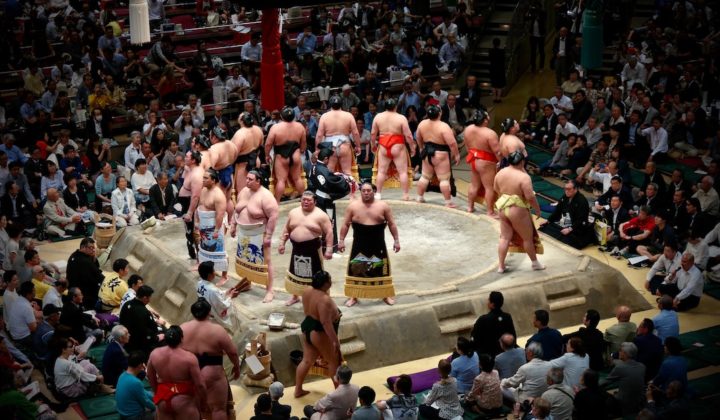Proverbs are a quintessential part of a language as they are filled with ancient wisdom. According to the Great Dictionary of Tradition and Proverbs, there are about 43,000 Japanese proverbs that deeply represent traditional Japanese culture. Learning Japanese proverbs may be challenging, but it is totally worth it as your view on life will be better enriched.
What Are “Japanese proverbs”?
In Japanese, “proverb” is called “諺” (Kotowaza). They often come in three different forms:
四字熟語 (Yojijukugo), 慣用句 (Kanyouku), 言い習わし(Iinarawashi).
- Yojijukugo is a four-character idiom.
- Iinarawashi is a short saying or bit of wisdom.
- Kanyouku is also an idiom, but it is longer than yojijukugo.
5 Meaningful Japanese Proverbs That Enrich Your Life
Although it is sometimes challenging to learn proverbs, the expressions in proverbs tend to be evocative of real life, so if you can relate the image presented in the proverbs to what you have experienced from daily life, you can remember them easily. Now, let’s see whether you can guess the message of these five famous Japanese proverbs or not!
1. 猿の尻笑い (Saru No Shiri Warai) – A Monkey Laughs at Another Monkey for Having Red Buttocks
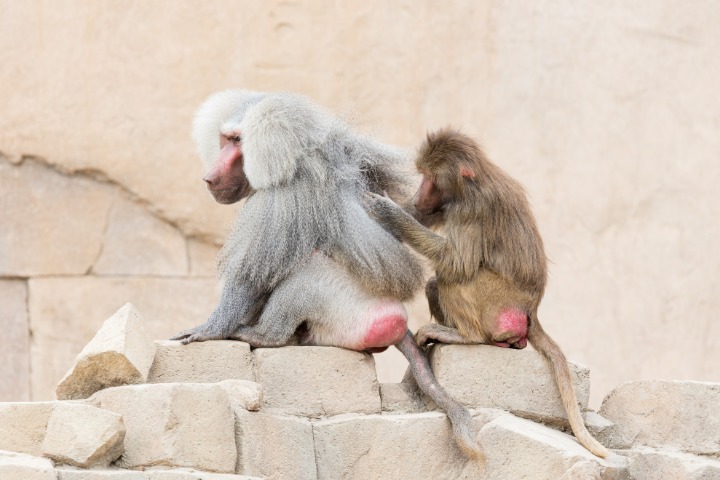
Credits: Canva.com
You may have heard of “猿も木から落ちる” (Saru mo ki kara ochiru) – Even monkeys fall from trees, which implies that even a professional can also fail sometimes. But, what about 猿の尻笑い (Saru No Shiri Warai)?
This saying is “A Monkey Laughs at Another Monkey for Having Red Buttocks” in English. It means that someone accuses somebody else of a mistake that the accuser also makes.
For example, Michelle and Haley just received scores for final exams. Michelle made fun of Haley for not receiving an A although she didn’t either. That is “猿の尻笑い” (Saru no shiri warai).
2. 七転び八起き (Nana Korobi Ya Oki) – Fall Seven Times, Stand Up Eight
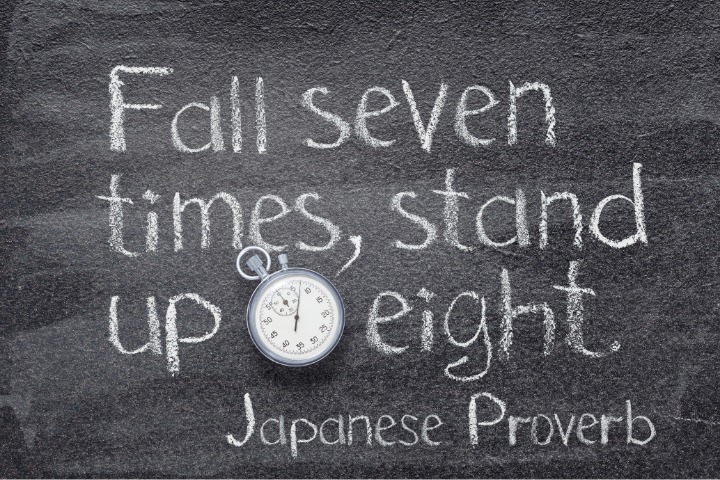
Credits: Canva.com
Similar to the English proverb “If you fall off your horse get right back on”, 七転び八起き (Nana Korobi Ya Oki), which means “Fall seven times, get up eight” in English. It indicates the difficulty of standing up eight after falling seven times.
In real life, this proverb conveys a message that if you didn’t succeed at the first attempt, don’t give up yet. Keep trying, and you will be successful someday.
人生は七転び八起き。転んでもまた立ち上がる。くじけずに前を向いて歩いていこう。
Life is about “seven falls and eight rises”. Even if you fall, stand up again. Don’t be discouraged; keep walking forward.
3. 笑う門には福来る (Warau Kado Niwa Fuku Kitaru) – Good Fortune and Happiness Will Come to the Home of Those Who Smile
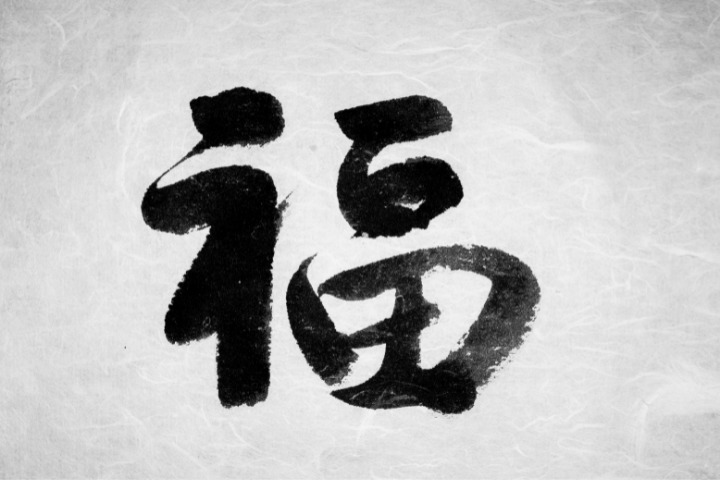
Credits: Canva.com
As the proverb’s meaning indicates, laughter and smiles will bring happiness and good luck. Therefore, this proverb is a good reminder for everyone to stay positive under any circumstances. Saying this to those having a bad day may be a way to cheer them up.
Michelle: 昨日は財布が見つけれなかった。最近本当についてないな。。。
(Kinou wa saifu ga mitsukerenakatta. Saikin hontouni tsuite nai na…)
I could not find my wallet yesterday. I’ve been so unlucky lately!
Haley: それは大変だったね。でも、元気出してね。 ”笑う門には福来る”だよ。
(Sore wa taihen datta ne. Demo, genki dashite. “Warau kado niwa fuku kitaru” dayo.)
Oh, I’m sorry to hear that. But, cheer up! Things will get better if you keep your head up.
4. 一期一会 (Ichigo Ichie) – Once in a Lifetime Encounter

Credits: Canva.com
一期一会 (Ichigo Ichie) is a famous Yojijukugo which refers to “Once-in-a-lifetime encounter”. It represents the beauty of Japanese culture in treasuring every unrepeatable moment of life. This phrase is commonly associated with the tea ceremony, where the host’s focus is to show sincere hospitality towards the guests, making their encounter memorable and unique.
The proverb reminds each of us to treasure every moment, every person we meet, as we may only encounter them once in this life. Therefore, enjoy those moments to the fullest!
旅先での素敵な出会いは、まさに一期一会だ。
(A wonderful encounter on a trip is truly a once in a lifetime meeting.)
5. 一石二鳥 (Isseki Nichou) – One Stone, Two Birds
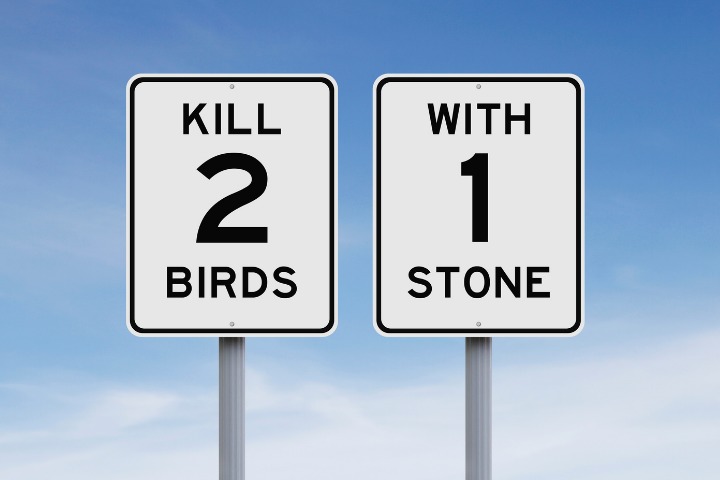
Credits: Canva.com
Just like the proverb in English, “Kill two birds with a stone” but backwards, 一石二鳥 (Isseki Nichou) has the meaning of “One stone, two birds”. It implies that you may do one task to help you achieve two goals.
For example, doing daily exercises not only helps you lose weight but also makes you a disciplined person. It is “一石二鳥” (Isseki Nichou).
Enrich Your Life With These 5 Famous Japanese Proverbs!
These are five famous Japanese proverbs that will definitely make you ponder. Not only do they help you widen your scope on life and Japanese culture, but they can also make you sound more like a native when talking to your Japanese friends.
For more interesting articles, follow us at @guidablejapan
Related readings:
- Japanese Slang Words To Sound Like a Native
- Everything You Need to Know About Haiku: Japanese Poetry
- 4 Terms that Illustrate Japanese Culture
- Gairaigo: All You Need to Know About Loanwords in Japanese
Featured photo credits: Canva.com
– Michelle/Vietnam





